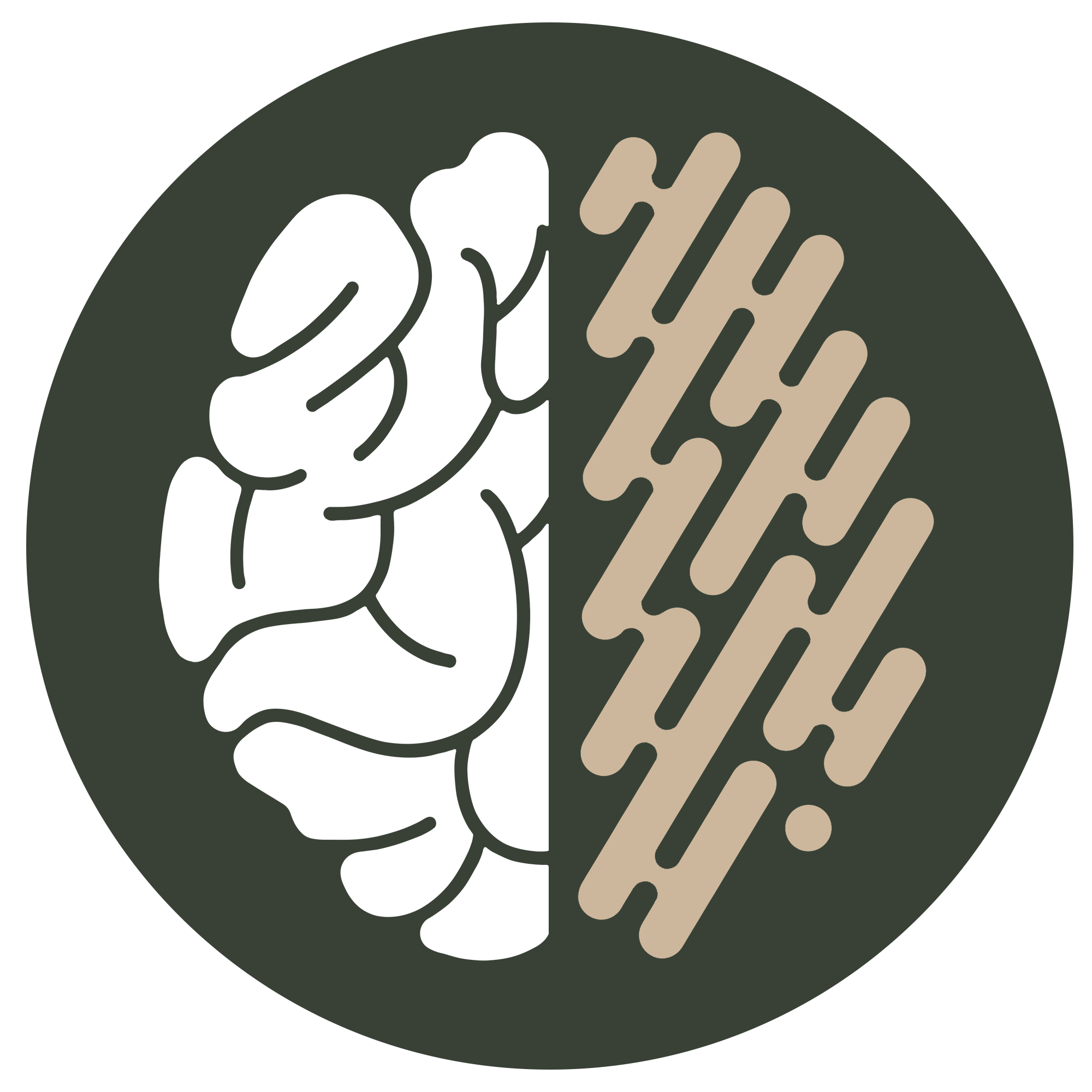Recent years have seen a surge in awareness surrounding mental health, neurodiversity, and the importance of creating supportive environments for all, regardless of their neurotype. Despite increasing visibility, much confusion remains surrounding terms like mental health issues and neurodivergence, even though they describe vastly different experiences.
This blog, which is the first of two parts, explores the difference between mental health issues and neurodivergence.
Mental Health Issues vs. Neurodivergence: What’s The Difference?
Mental health and neurodivergence are intrinsically linked. They both affect how an individual can process, interact, and engage with the world around them. But they are separate entities; let’s explore the difference between mental health issues and neurodivergence!
Mental Health Issues

Mental health issues typically refer to difficulties affecting a person’s thoughts, mood, and subsequent behaviours. Common examples include anxiety and depression, or even prolonged periods of stress. Mental health issues have various contributing factors, such as one’s environment, relationships, or socio-economic status (Mental Health Foundation).
Mental health issues tend to vary over time, often following a pattern of episodes or fluctuations aligned with life events, times of year, or specific triggers and stressors. They can impact anyone and usually require tailored strategies like therapy, medication, or lifestyle changes to manage them effectively. Not everyone is dealing with a mental health issue, but we all have mental health. It’s just as important to our overall wellbeing as our physical, social, or financial health.
Neurodivergence

Neurodivergence, on the other hand, refers to innate differences in brain function and cognitive processing. It’s a term encompassing a range of neurotypes such as ADHD, Autism, Dyslexia, Tourette’s Syndrome, and more. As shown by the CIPD’s Neuroinclusion at Work Report 2024 approximately 20% of the world’s population sits under the neurodivergent umbrella – that’s 1 in 5 of your colleagues!
Neurodivergence involves lifelong differences in how one experiences the world, generally present from a young age, but it is not a form of illness like a mental health issue. We like to think of neurodivergence as a unique “Cognitive Operating System”.
Neurodivergent traits, much like mental health, also fluctuate over time. Primarily depending on one’s environment, but also due to their relationships and support systems, significant life events, or traumas. Neurodivergent individuals often perceive and interact with their surroundings differently than neurotypical people, and while these differences can bring unique strengths, they also present unique challenges when navigating environments which fail to accommodate them.
You can learn more about different neurotypes here.
Key Differences
Understanding neurodivergence is a natural form of human diversity, rather than a mental health issue, is of utmost importance. Currently, neurodivergence is often viewed as problematic by many, with much of our society seeing neurodivergence as a defect or personal failing. Such views are exacerbated by terms like disorder, impairment, and dysfunction.
Simply put:
Mental health issues can affect any individual, regardless of their neurotype. In most cases, mental health issues can and will resolve, provided the individual navigating them has access to appropriate support, and has the capacity to address lifestyle factors contributing to their difficulties.
Neurodivergence is largely hereditary, meaning an individual is hard-wired from birth to experience and interact with the world differently to the majority of people. These differences do not disappear or “resolve” because they are not a temporary state; they are interwoven into the very fibre of a person’s being.
Conclusion
Understanding the distinction between mental health issues and neurodivergence helps us create a more inclusive, supportive environment for everyone. By moving away from the view that neurodivergence is something a person can change, we position ourselves to provide more effective support, particularly in workplace settings.
Follow NeuroBridge so you don’t miss part 2 of this piece, where we’ll be exploring the connection between neurodivergence and mental health issues. We will also outline a number of practical tips to help you support your mental health, regardless of your neurotype.
References
Mental Health Foundation
Mental Health Foundation. (n.d.). Mental health issues and wellbeing. https://www.mentalhealth.org.uk/explore-mental-health/factors-affect-mental-healthCIPD’s Neuroinclusion at Work Report 2024
Chartered Institute of Personnel and Development. (2024). Neuroinclusion at work report 2024. https://www.cipd.org/globalassets/media/knowledge/knowledge-hub/reports/2024-pdfs/2024-neuroinclusion-at-work-report-8545.pdf



